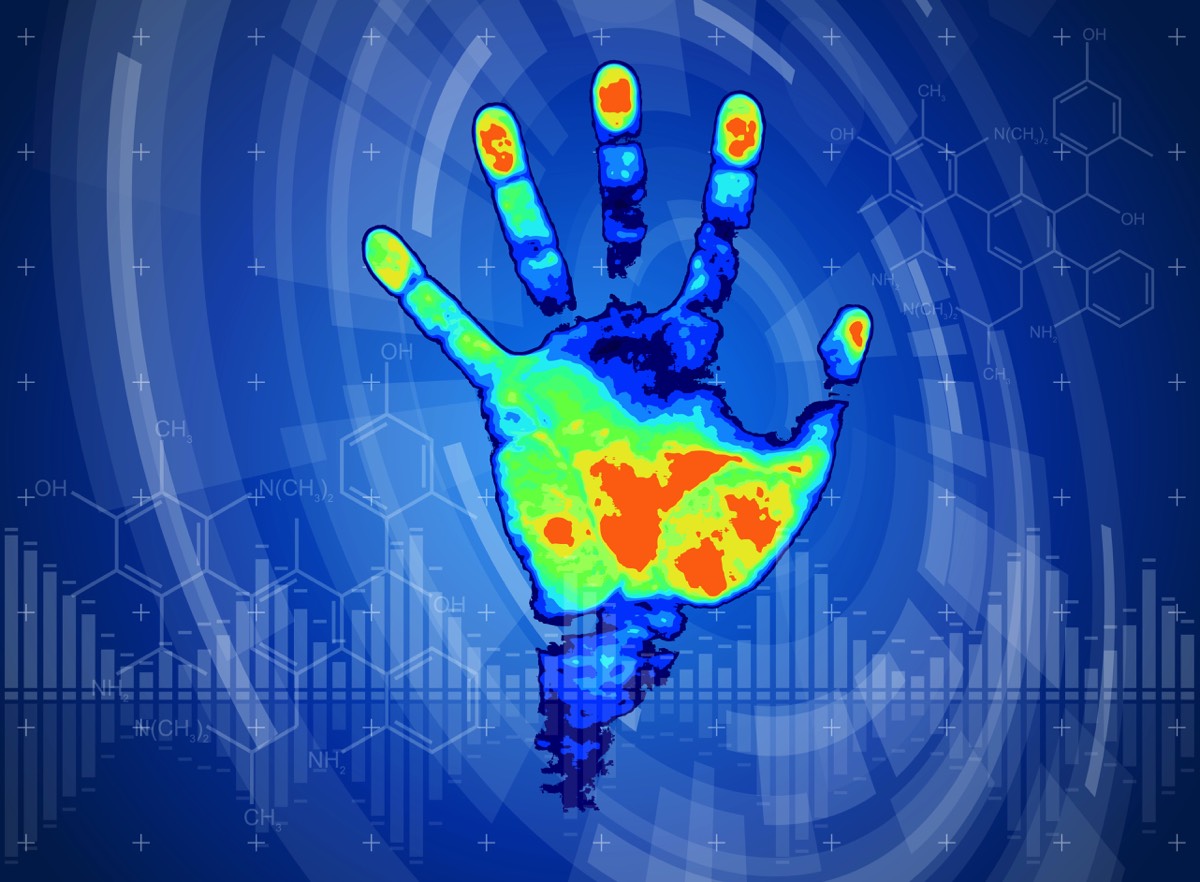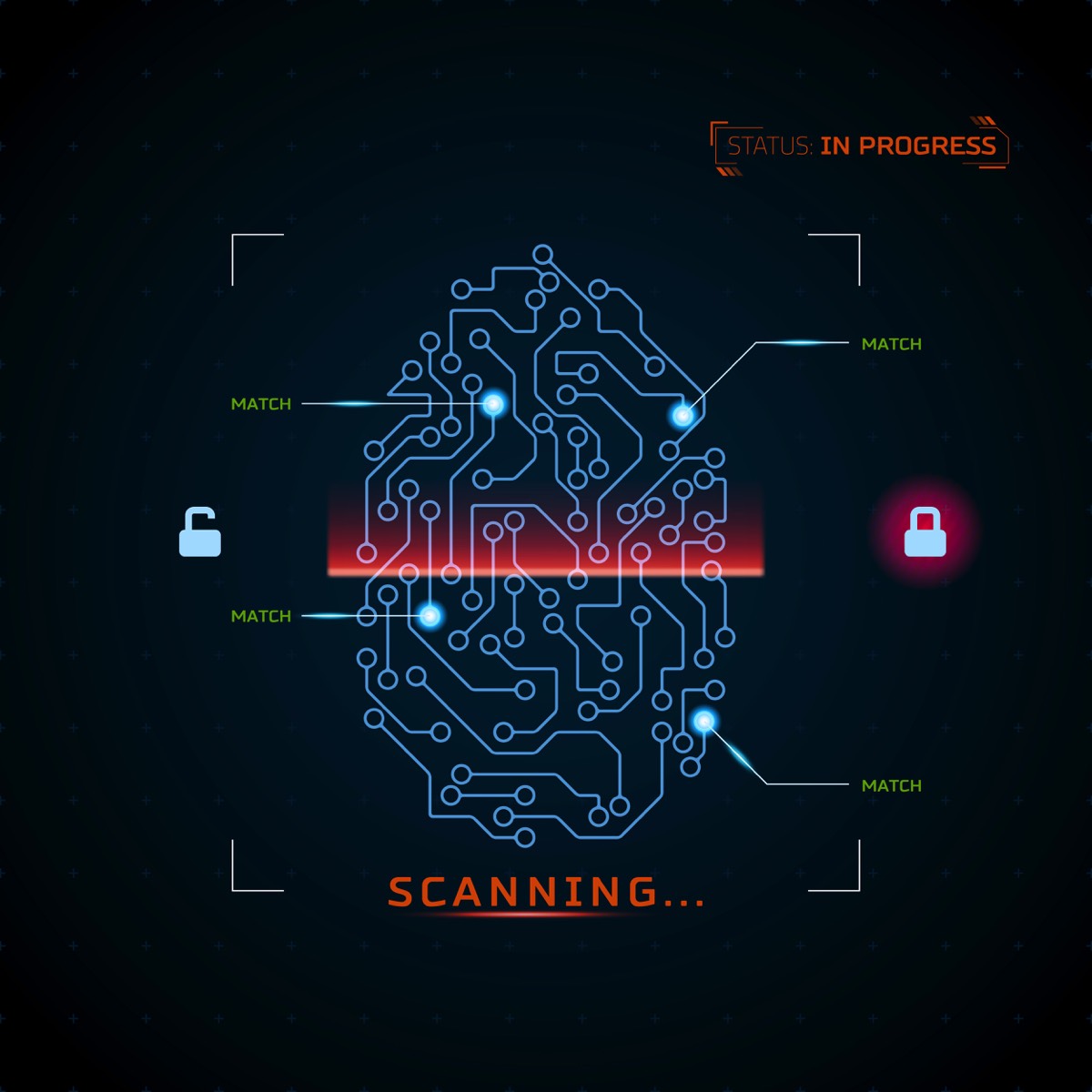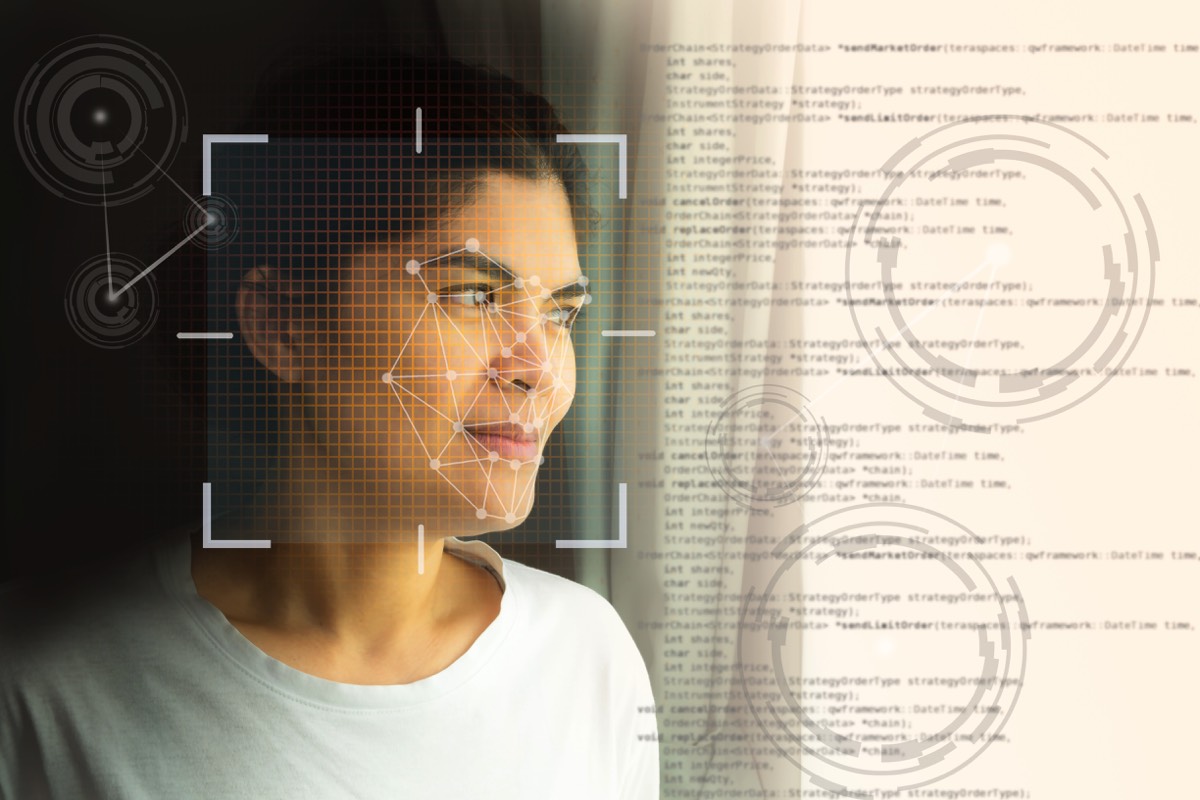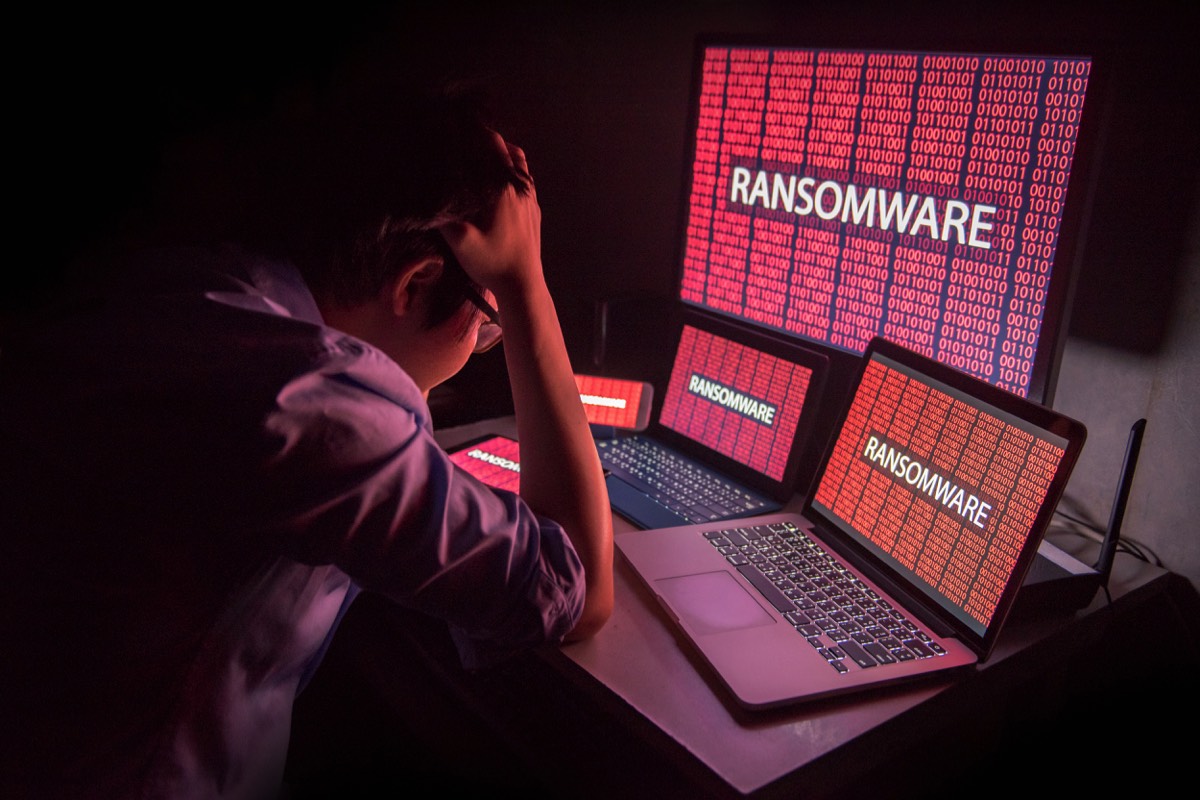Cybercrime – The Modern Menace
With the increased proliferation of electronic devices, especially computers, there has been a corresponding increase in the incidents of abuses involving these devices. Computer-based crime is showing no signs of dissipating, and is increasing exponentially. Norton puts the estimate for global damage with regards to cyber crime at a staggering USD 388 billion.
The anonymity provided by electronic devices is one of the primary reasons for criminals to use this method of attack. Cybercrimes have evolved to include undertakings that span across international borders. Authorities face unique challenges when dealing with cybercriminals, and the anonymity afforded by the Internet only makes their lives more difficult.
In light of these points, a certified course for cybercrime professionals and budding cyber sleuths is of paramount relevance. The RCCI (Rocheston Certified Cybercrime Investigator) course offered by Rocheston will equip you with the necessary tools and skillsets to become a cybercrime investigator, a role that is expected to see increased demand over the next few years.
Benefits of Cybercrime Investigation
At its current rate of expansion, cybercrime is expected to be valued in excess of USD 411 billion, in a few years. In simpler terms, cybercrime is expected to become a bigger problem. Due to the trans-geographical profile of cybercrime events, there will be an acute need for a professional standard and set of best practices/methodologies to consolidate law enforcement efforts. There will be a corresponding need to agree upon a set of conventions to neutralize cyber threats from disparate locations, across legal jurisdictions.
Benefits of getting RCCI Certified Include
Undergo a one-of-a-kind training course on Cybercrime and Cyberforensics Investigation
Our courseware has been prepared by our highly-qualified experts and has been extensively researched to ensure relevance in the current scenario. Our seminars are conducted by qualified engineers and are delivered in a 5-day interactive learning capsule. The course will be conducted on a monthly basis in locations all around the world.
Learn about the various types of cybercrimes and how to react to them
Phishing, malware, identity theft, online scams, email bombing, and virus dissemination. They don’t sound pleasant, do they? That’s because they aren’t. These are just a few types of cybercrimes that you will learn about over the course of this comprehensive training program. The course goes into detail on the types of cybercrime, and how to react to and neutralize them.
Learn the techniques of cyberforensics (evidence collection, conducting an investigation, etc.)
Cyberforensics investigations are a very different ball game in comparison to ‘regular’ forensic investigations, and both require very different skillsets. The RCCI course goes into exhaustive detail on the techniques employed in cyberforensics investigations, and teaches students how to rapidly discover evidence, estimate the potential impact of malicious activity on victims, and accurately determine the intent, target, motives, identity, sophistication, and locations of cyber terrorists and criminals.
Get trained in a profession that is expected to have a lot of demand in the very near future
According to the Department of Labor, a 22% increase in demand is expected for cybercrime investigators over the course of the next decade. This is a figure which is well above average. Cybercrime investigators will be needed not just in corporations, and law enforcement, but in government as well. The RCCI is a perfect launching pad for individuals looking to establish their career as a cybercrime investigator. And by working for a consulting firm, cybercrime investigators will have the opportunity to work for a corporation, and for law enforcement, at the same time!
Stand out among your colleagues, by obtaining a professional, specialist certification
Continuous education is all the rage as of late, and the RCCI ensures that you stay relevant in a rapidly evolving workforce. No longer is it the case that an employee stays in one job for the entirety of his life. People are constantly moving, and learning a multitude of skills to ensure that they don’t become obsolete. The RCCI boosts your credibility with a future-oriented, next generation credential that you can use to accentuate your resume.
Easy-to-understand course that doesn’t overburden students with too many technicalities
The RCCI, like most of Rocheston’s certifications is designed keeping in mind students who are not necessarily technical geniuses. Our goal is to be accessible and simple to understand, without sacrificing the intricacies and technicalities of what it means to be a cybercrime investigator.
Who will Employ an RCCI?
RCCIs are versatile assets to have, and those with the skillset required to get certified will be able to find a wide range of opportunities in a varied number of industries. The following are a few industries where there is expected to be a requirement for RCCIs:
- Law enforcement and cybercrime agencies
- NGOs
- Government Operations
- Research and teaching
- Consulting firms
- Corporations
Why Choose RCCI?
The RCCI course from Rocheston is designed to provide you with the skills necessary to establish yourself as a cybercrime investigator. Cybercrime is on the rise, and there is a dearth of certified and skilled professionals who strive to stay on top of security protocol and developments, both in organizations and government. The demand for these niche cybersecurity specialists is expected to skyrocket over the next decade, creating an abundance of opportunities for RCCI-certified individuals.
The RCCI course is designed and taught in a way that even individuals from a non-technical vocation can understand and grasp its syllabus. From cybersecurity professionals to university students looking to boost up their skill sets, the RCCI course is appropriate for anyone looking to learn about cybercrime investigation methodologies, best practices, and law enforcement theory.
What is the Need for RCCI?
The RCCI represents a unique evolutionary step in the role of a cybersecurity specialist. With a comprehensive curriculum intended to teach investigative techniques and cybercrime law enforcement theory to the layman, the RCCI is set to disrupt the cybersecurity space by offering a platform for cybercrime law enforcement professionals to hone their craft. This course is appropriate not just for security professionals, but for anybody with an interest in security and enforcement of order.
The RCCI can be termed as the cybercrime and law enforcement course for everyone. Our goal is to make anti-cybercrime education accessible and understandable to the layman, even someone who does not have a lot of hands-on technical knowledge.
What will be the Future of an RCCI?
An ever-growing crime rate in the cyber sphere is expected to make RCCIs relevant for a long time to come. With abuses increasing in severity and frequency by the day, a next generation course for investigating and curbing such issues at the root is the need of the hour. The RCCI will enable the budding cybercrime and security professional to establish a career in law & order, research, or forensics.
What is Cybercrime?
Cybercrime can be briefly defined as any kind of illegal/illicit activity that involves, affects, or makes use of a computer. Cybercriminals may utilize computer technology to steal personal info, compromise business data, or use the global web for their underhanded purposes. Cyber terrorism can be viewed as a more extreme, and worst-case scenario type of cybercrime. A few examples are cyber stalking, phishing, online frauds, and identity theft.
The Major Categories of Cybercrime
The three key categories that cybercrime can be classified into are individual, property, and government. Here is a brief look at these categories of cybercrime.
Property: A real-life example of a ‘property’ type of cybercrime is an offender unlawfully possessing an individual’s card or bank details. These details are usually stolen to extract the money in an individual’s account, make transactions online, or to conduct phishing scams that make people divulge their personal information.
Individual: This is a type of cybercrime involving a single individual. This single offender usually disseminates unlawful and malicious information online. Examples of this type include cyber-stalking, trafficking, and the distribution/production of pornographic content.
Government: This is the worst kind of offense, in terms of cybercrime. Due to its severity, it is also a rather uncommon kind of crime. Criminals who commit offenses against a country’s government are often labelled as terrorists, and the punishment is often severe. Disseminating anti-government propaganda, hacking military and government websites are a few examples of the offenses that fall under this category.
DDoS Attacks
These attacks are intended to deny an online service, and take down the network by flooding the site with traffic from a wide range of sources. Malware is used to infect computers and networks of these infected devices—called botnets—are initiated. The perpetrator subsequently hacks into the system once the network is down.
There is a sub-variant of DDoS attacks known as a distributed denial of service attack. In it, perpetrators from geographically widespread locations flood a network’s traffic in order to render it inoperable. Servers belonging to credit card payment gateways and banks are usually targeted. Website of multi-national giants such as Yahoo, CNN, Twitter, Amazon and eBay are also targets for such attacks.
Cross-site scripting
This is a very simple way of circumventing any security system. Also referred to by the name XSS, cross-site scripting is a tough to spot in a website, making it open to attack. In these types of attacks, web pages are usually infected by hackers with a hostile client-side program or script. When a victim visits this infected page, the script (or program) is automatically downloaded and executed. Javascript, ActiveX, HTML, VBScript, or Flash is usually infected into an at-risk application to trick you and gather confidential user data. To protect yourself from such menaces, investing in a robust firewall is an essential first step. Also, almost all such attacks are conducted through a network—it is therefore of vital importance to stay safe while conducting any activity online.
Stolen passwords
Hackers often tend to take advantage of the comfort zone of webmasters. Fully aware that many webmasters save their login credentials on their badly protected PCs, hackers break into such vulnerable systems, looking for login details so they can relay the same onto their own remote computers. Once they have managed to obtained these vital credentials, they then proceed to modify the website in whichever way they see fit.
Logic bombs
A logic bomb, also referred to as “slag code” is a malicious piece of code which is silently inserted into a programme, to be remotely executed when certain criteria are met—often after or during a predetermined time period. It is not uncommon for worms and viruses to contain slag code, which are triggered at a predefined time, or at a specific payload. Since most logic bombs don’t replicate, and are restricted to the network they are employed in, they more often than not tend to be insider jobs. There have been multiple cases of logic bombs being utilized by disgruntled ex-employees to delete the databases of their ex-employers, do insider trading, and stultify the network. Anti-virus programs should constantly monitor the integrity of the data on a device to avert such incidents.
Phishing
Phishing is a type of cybercrime in which fraudulent actors (posing as authentic entities) steal information like username/password combinations, and card details from users. Phishing is typically executed by email spoofing. Users are advised to constantly be on the lookout, and not click on links in emails from suspect sources. Phishing is not always executed online, and there is a variant of phishing known as ‘vishing’, or voice fishing. In vishing attacks, phone calls are made to victims where personal details are extracted in the guise of service. Perpetrators often pose as banks or other legitimate services to gain the trust of victims. Users are advised to avoid unsolicited phone calls and refrain from divulging their personal data over electronic media.
Spamming and Email Bombing
Email bombing occurs when a perpetrator sends unnecessarily long and multiple email messages to a victim, in order to overload and stultify the recipient’s inbox, or crash email servers. When multiple recipients/victims are involved, an email bombing occurrence takes on denial-of-service implications. Email bombing is usually carried out by botnets (large networks of malware-infected computers) as a denial-of-service attack. Spamming is a variant of email bombing, in which bulk messages are randomly sent to a large number of users. Email bombers and spammers collect addresses from chat rooms, newsgroups, web sites, customer lists, and from virus that harvest user personal information, for sale to other spammers.
Unfortunately, there is no method to completely eliminate email bombing and spamming, as it is virtually impossible to predict the source of the next attack. However, taking steps to block the source of incoming spam mail upon identification goes a long way in curtailing this menace.
Web Jacking
Web jacking is a derivative of the word hijacking. In a web jacking incident, an attacker takes complete control of a website, often modifying the content, or replacing it entirely. These hijackers re-route the web address to direct to another similar looking website/page, completely under their control. There have been certain cases of perpetrators demanding a ransom, and even posting profane material on the website.
Differing from regular phishing methods, the address of the website displayed in the address bar will often be the same, deceiving the victim into the clutches of the malicious actor. Often there will be minor differences that are very difficult to spot, on the surface. For example, ‘gmail’ will be styled as ‘gmai1’. Observe the ‘1’ in place of the ‘l’.
Cyber Stalking
Cyber stalking is a new-fangled form of stalking in the Internet age. In such incidents, the stalker often follows a victim’s online activity obsessively, learning about the victims proclivities online, later using verbal threats and intimidation in a bid to harass (or worse) them. It is an invasion of someone’s privacy and is not very different from regular stalking, except that it is carried out via an online medium,
With the rapid proliferation of the internet, cyber stalking has become a frighteningly mundane occurrence. With a simple Google search, or through any other search engine, it is easy to find someone’s name, interests, occupation, address, and phone number. With the internet becoming more and more integrated into our lives, cyber stalking is a cause for concern. The anonymous and non-confrontational nature of internet communication make cyber stalking a relatively easier crime to get away with, especially in comparison to other types of cybercrime.
There are two major ways of cyberstalking a victim:
nternet stalking: Internet stalking often involves obsessive and intimidating messages sent to a victim via email. At times, the stalker might even send viruses and profane pictures via email. Viruses and unsolicited marketing email alone do not make up stalking. In more troubling cases, it is not uncommon for the victim to repeatedly get harassing email messages, in an attempt to intimidate them. Any cyber crime that we’ve already discussed, done with the malicious intent of harassing, threatening, or slandering the victim can be considered as cyber stalking. This problem is only expected to intensify, as social media platforms like Facebook, Twitter, and Tumblr, etc. are becoming more and more integrated with our daily lives. Features such as the “Places”, “Check-ins” and “Life events” on Facebook often reveal a wealth of data about the poster, making the job a lot easier for cyber stalkers. While the internet has succeeded in bringing a new layer of intricacy and complexity to social activities, it has inadvertently also created a bevy of privacy problems that need to be tackled on a security level.
Credit card fraud and identity theft
Credit card fraud and identity theft are two common types of cybercrimes. Identity theft is when a perpetrator steals a user’s identity, and pretends to be them to get access to their credit cards, services, bank accounts, and all other benefits in their name. Credit card fraud is one of the most common forms of identity theft.
In recent years, there have been more extreme variants of credit card fraud, in which malicious actors steal a user’s information and avail loans under their name. The unsuspecting victim is often unaware of the information being stolen, until the credit card companies swoop in like vultures for their unpaid dues.
While banks and financial institutions have taken measures to prevent such incidents from occurring—for example, by offering identity theft insurance, it is often advisable for the victims to take precautions with their online data, long before any event occurs. It is always better to be safe than sorry.
How Rocheston prepares you for RCCI
The RCCI course is one of the many courses offered by the Rocheston School of Cybersecurity. The RCCI course has been tailor-made and curated to introduce students to cybercrime, investigative methodologies, and law enforcement theory. Comprehensively researched content ensures that the course is of practical relevance in the current industry scenario.
The course is an excellent choice for students looking to become an accomplished cybercrime investigator, one who can be a game changer both within the corporate environment and elsewhere. The program explores cybercrime and law enforcement theory in detail, and is an excellent foundation to establish your career as a cybercrime investigator.
What are the functions and duties of a Cybercrime Investigator?
Within the next few years, there is expected to be an explosion in the demand for cybercrime investigators, as law enforcement is upping the ante in cracking down on cybercrime organizations. The Department of Labor projects a 22% growth in demand for investigators over the course of the next decade. The unique skillset of a cybercrime investigator makes them a different but complementary addition to law enforcement task-forces. The unique challenges in tackling cybercrime make it a difficult nut to crack for traditional law enforcement.
Some of his/her responsibilities include the following:- Analyzing and investigating crimes committed using a computer
- Recovering compromised or damaged data.
- Collecting evidence and gathering information about systems
- Preparing case reports
- Reconstructing crime scenarios
- Demonstrate a commitment towards continuous education by developing forensic and criminology skills through independent study and research
- Pinpoint methods for preparation, storage, and presentation of digital evidence
- Testify in court proceedings if the need may arise
- Present evidence and case reports in the way that a jury can understand
The RCCI program
The RCCI program is a 5-day interactive course conducted by qualified engineers. It is scheduled to be conducted in venues all over the world. Sessions will be conducted in star hotels, featuring luxury, cutting edge, state-of-the-art facilities.
What will the course consist of?
- This is a five-day training program
- Timings: 9:30 AM – 6 PM
- An Active Web Portal will be provided
- Seminars are scheduled to be conducted by Qualified Engineers
- Best in-class Environment, and infrastructure
- Qualifying Proctored Exam to Be Written on the Last Day on the VUE platform
Cost:
- Course Fee - USD 1299/-
- Exam Fee - USD 799/-
- Exam Retake Fee - USD 400/-





